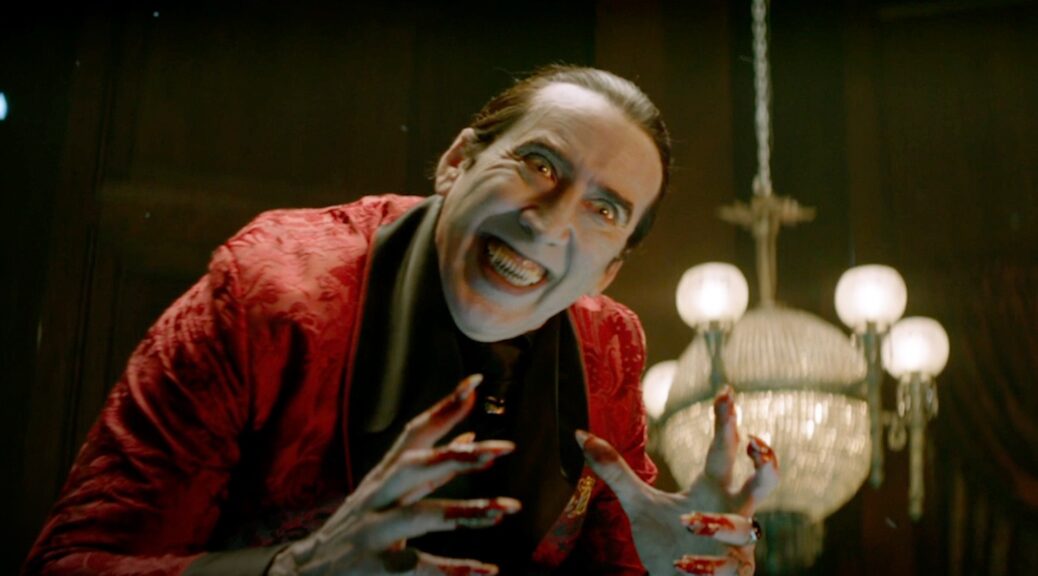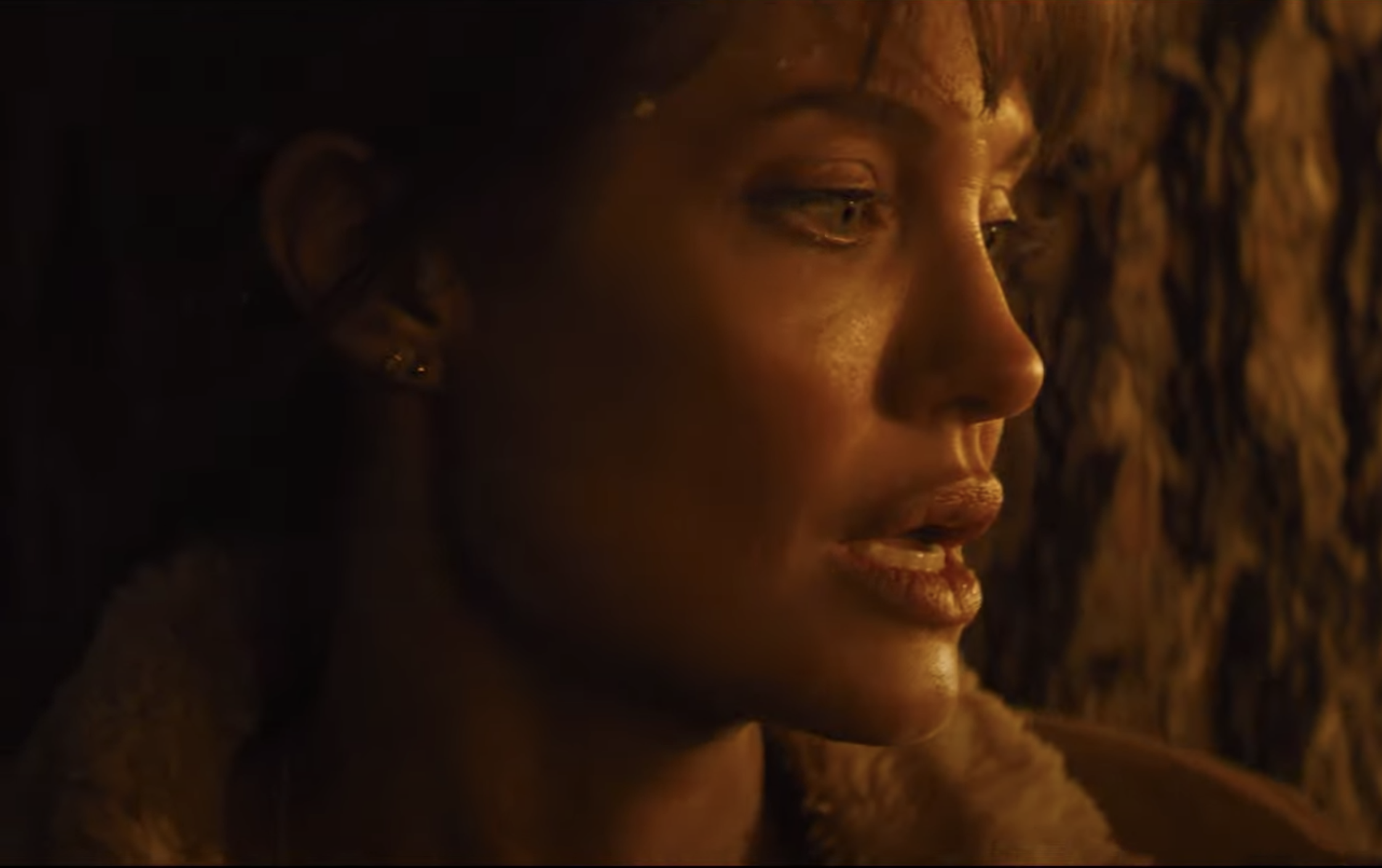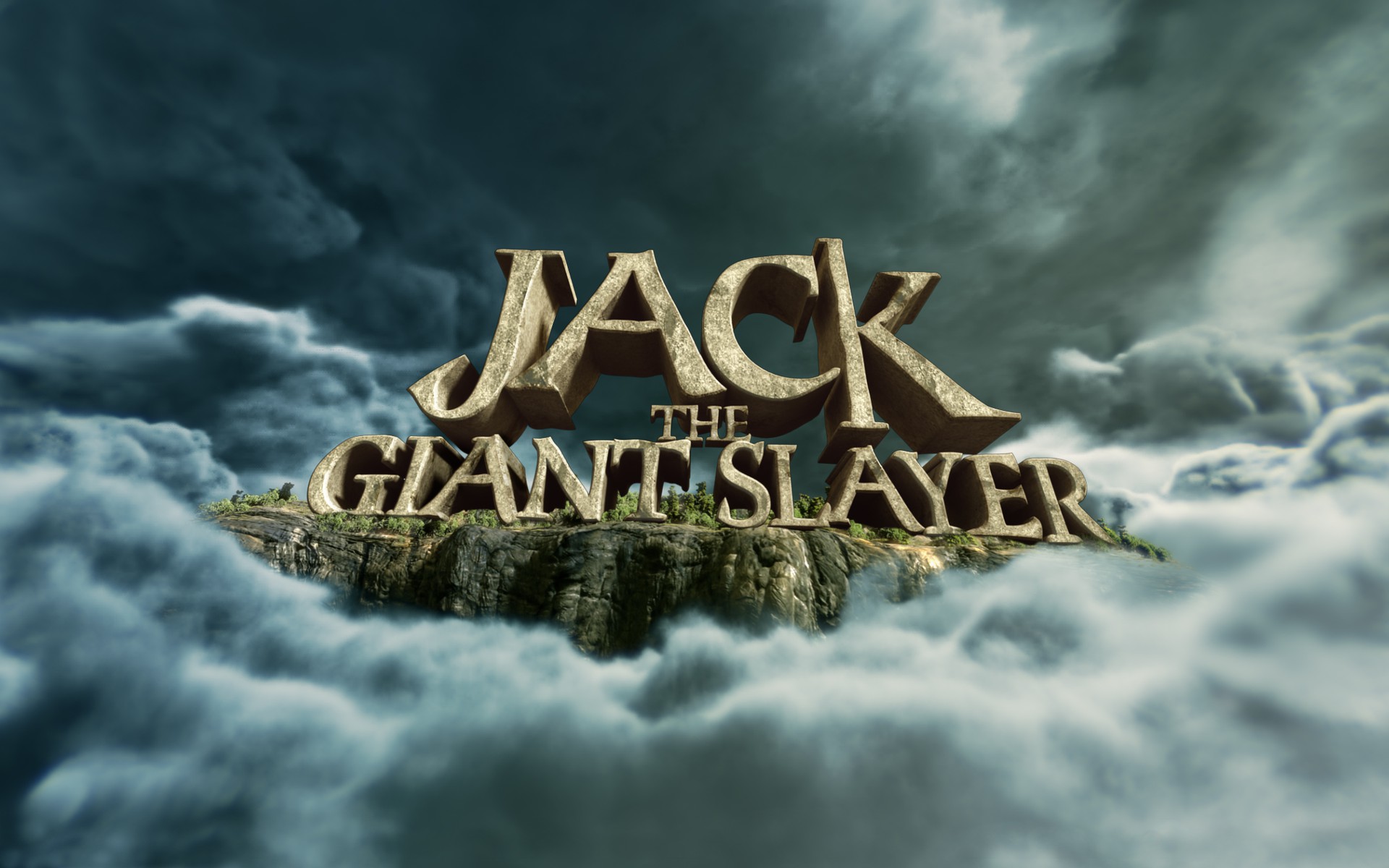Renfield
by Hope Madden and George Wolf
So, two Robot Chicken writers and the guy who directed The Lego Batman Movie got together and said, I bet they’d let us make a movie if we could get Nic Cage to play Dracula.
I mean, maybe it didn’t go down like that, but it could have and if it did, it worked. They totally made a movie with a very saucy Nic Cage as Dracula. And a saucy Nic Cage is the best Nic Cage.
Through inspired cinematic homages, we’re whooshed through a little backstory. Robert Montague Renfield (Nicholas Hoult – who played Cage’s son in Gore Verbinski’s 2005 dramedy The Weather Man) is an ambitious real estate agent who sells his soul to Dracula. Fast forward 150 years or so and he’s grown weary of the co-dependent relationship.
The blood sucker’s insatiable appetite means that his reluctant manservant is forever finding a new place for them to lay low. Right now, it’s New Orleans, where an angry cop (Awkwafina) is fighting a losing battle with a corrupt city.
But enough about the story. Honestly, if you’re here for the story, you’ve come to the wrong place. Not that co-writers Ryan Ridley and Robert Kirkman do a poor job. They do a fine job of serving Cage opportunities to ham it up, while director Chris McKay wows with Story of Ricky levels of carnage, except here it’s intentionally funny.
And the blood-splatter here is much more accomplished then Ricky, as it’s woven through a spicy gumbo of action set pieces that mix Zombieland and Shaun of the Dead with a dash of Matrix. But as fun as this all often is, the film never fully commits to any of its multiple directions.
There’s at least one bloody toe in waters that send up rom-coms, satirize narcissistic relationships and homage a classic horror character while it’s also modernizing the themes that built him.
But experiencing Count Nicula alone is worth it. Plus, Hoult is perfect as the put-upon sad boy with access to anti-hero superpowers and Awkwafina can wring plenty of humor from simply telling a guy named Kyle to F-off.
Renfield might be bloodier than you expect, but it’s just as much fun as you’re hoping for. Call it bloody good fun.







